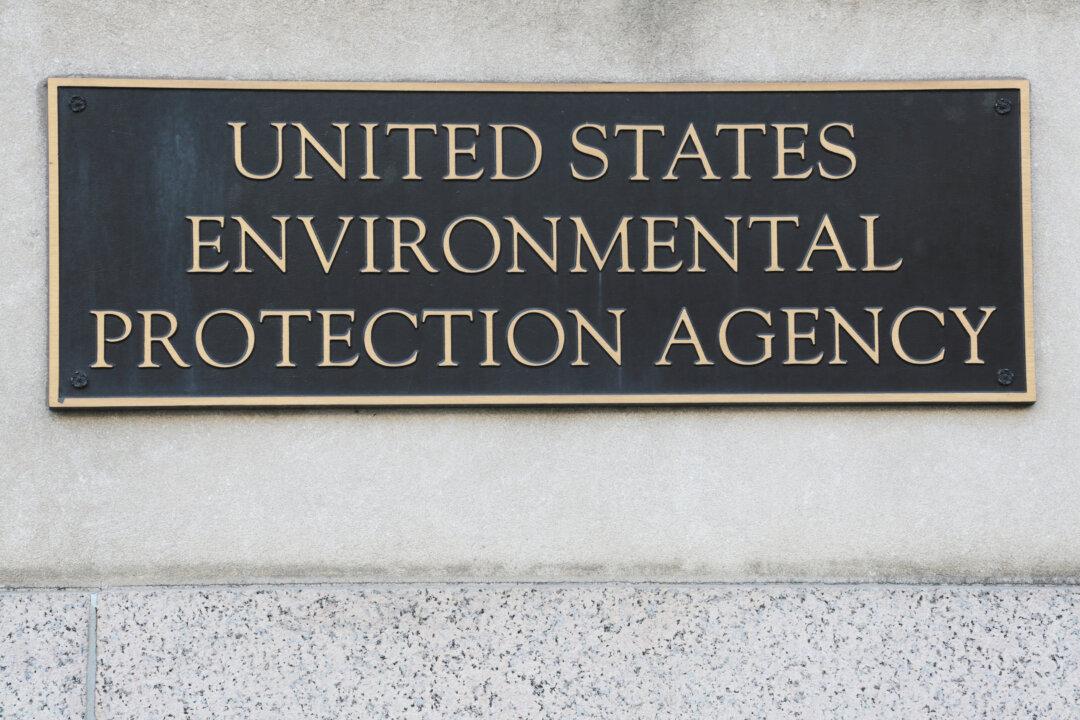A family-owned contracting business that claims the U.S. Environmental Protection Agency (EPA) unfairly fined it for failing to disclose lead hazards is challenging the in-house adjudication system the agency used to fine it.
The legal complaint disputing $375,000 in penalties was filed in the case of Ro Cher Enterprises Inc. v. EPA in the U.S. District Court for the Northern District of Illinois.





